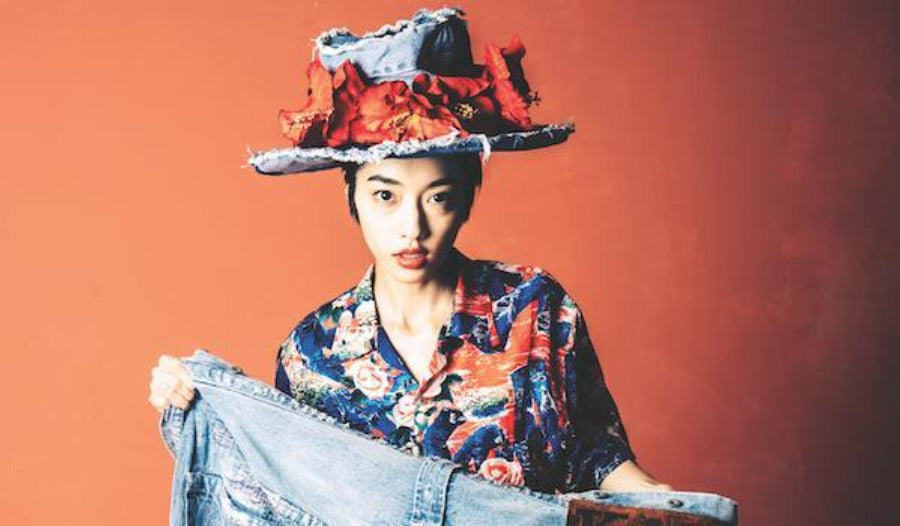
The spiritual roots of Japanese denim

Here at Selvedge we frequently return to the beauty and ingenuity of Japan’s textile traditions. In the spirit of the Tokyo 2020 Olympics, read on for an excerpt of our article in Issue 81 Japan Blue, Jeans on: The spiritual roots of Japanese Denim or read the full article here.
Takumi – from Japanese ‘artisan’ or ‘skilled’, can also come from taku; ‘expand, open, pioneer’ combined with (mi) ‘sea, ocean’ or (mi) ‘truth’...
So begins the opening credits of Weaving Shibusa, a documentary by Devin Leisher on the almost spiritual cult of Japanese denim and indigo culture. ‘I was just fascinated by the whole thing about denim and Japan, especially as there was so much speculation about the history,’ says Leisher. According to David W Marx’s 2015 book Ametora, the Japanese denim story began with prayers at a shrine on the island of Kyushu.

Kojima had become the centre of Japan’s cotton industry in the 1930s, and while searching for inspiration for the future of their company, Maruo, in the late 1950s, two executives from the town visited the Dazaifu Tenmangu shrine. When asked by Maruo’s founder what divine inspiration they found there, the two executives replied in unison ‘jiipan’, meaning GI pants.
The Japanese love of denim grew from necessity rather than aesthetics. ‘During the occupation, American soldiers often paid Pan Pan girls in old clothing (including jeans) rather than cash, and the streetwalkers went straight to Ameyoko (in Ueno, downtown Tokyo) to stores like Marasura, the American vintage specialist, to sell it off,’ writes Marx in Ametora. Old Levi’s jeans were also sold by GIs through the black market. A thriving trade in second hand ‘jiipan’ denim soon took off through vintage stores with names like Amerika-ya. In the early sixties the two Maruo executives.

And today Kojima remains the heart of Japan’s denim industry. It’s where you’ll find many of the most innovative brands mixing ancient techniques with contemporary aesthetics. ‘Kojima is a place with a long history in the textile industry; Japanese tabi socks, uniforms, and then the denim industry,’ explains Toshikiyo Hirata, who founded the brand Kapital in 1984, taking its name from Kojima, the town widely regarded as the denim capital of Japan. ‘This great history naturally cultivates many skilled craftsmen,’ Toshikiyo adds. ‘Today we have many craftsmen in Kojima continuing that history and we are grateful to have our roots here.’
This was an excerpt from the article written by Andy Thomas.
Read the full article here: Jeans on: The spiritual roots of Japanese Denim
Find out how to read the rest of the articles that featured in Selvedge Issue 81 Japan Blue.
